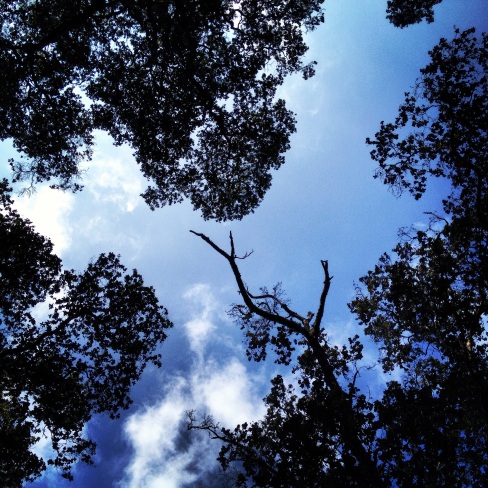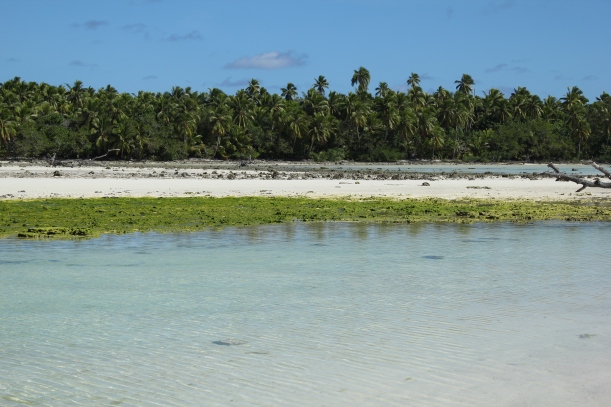If I had a daughter, I’d give her a lei, a garland of delicate flowers. Not for adornment or decoration, I’d place it over her head, drape it on her shoulders, allowing the scent of blossoms to fill the space between us. Then I’d lean in, my calm breaths gently stirring the fragile petals, waking them, and I’d whisper in her ear:
Remember
Her brow would furrow. “Remember what?” her eyes would ask, her head tilted slightly to the side, lips pursed. But I wouldn’t tell her. I’d simply smile, gifting her a lesson that would continue to bloom with time: unfurling, opening, blossoming with each year of her life.
At first, she’d study the lei, come to know each and every flower intimately: their colors, patterns, textures, scents. She’d examine the way they were fastened together, each placed and braided in with purpose. She’d wear it proudly.
In time, she’d grow too accustomed to its presence. It would become so much a part of her that she’d forget about it, ignore it. She’d stop studying it, too distracted by and too attracted to everything else around her. She’d only be reminded of it when it got in the way, restricting her arms from reaching too high. It would become cumbersome.
When she’d start to achieve, gaining recognition, praise, admiration, she’d spend too much time basking in the sun of her own accomplishments, that the flowers would begin to wilt, loosen, drop. And when she’d start to experience failure, she’d rip at them in anger, pulling at what remained, leaving nothing but thin strands, the fibers that once bound her lei together.
She’d forget because at some point, we all do.
But with forgetting comes the chance to remember.
If I had a daughter, I’d then take her by the hand and lead her to the shade of a giant ʻōhiʻa lehua tree. I’d unfold a mat, place it on the damp earth, and take a seat beside her. Then I’d lean in close, my calm breaths touching her skin, cooling her tears, and I’d whisper:
Tell me.
Her chest would rise as she took a deep breath and then it would collapse as she released it slowly, her eyes closed. Then she’d open, look at me, and relay the story of her lei, recounting moments of her life. And in the process, she’d remember. She’d remember where she started and where she’d been going. She’d remember the generations of women whose beautiful legacy she once wore, whose legacy she’d often neglected. And before she could crumble at her loss, I’d tell her to stand up and turn towards the path we took to get there.
Look.
At the edge of the mat she’d see a petal, a small and wilted petal. She’d lean down, pick it up, only to see another, then another. She’d follow the path of fallen petals, back to where she started, retracing her steps, recounting the journey she’d taken, back to the beginning.
And as she took one step at a time, slowly gathering the memories of her life, she’d come to understand. Each place and each person, each celebration and each struggle, each joy and each fear, had prepared her hands to fasten a new lei. She would start with the fibers draped on her shoulders and add to them, strengthening them with her own experiences. She’d add her own flowers, make her own patterns, and place each and every blossom in with purpose. Together, they’d tell a new story: her story.
If I had a daughter, she’d then know what to do. She’d wear her new lei, carrying thousands of memories bound by the legacy of generations. She’d wear it until the day she had a daughter. Then she’d take it off, put it over her child’s head, and drape it on her shoulders with one simple whisper:
Remember.
*The title of this blog was inspired by a spoken word poem by Sarah Kay. Check her out on Youtube!





